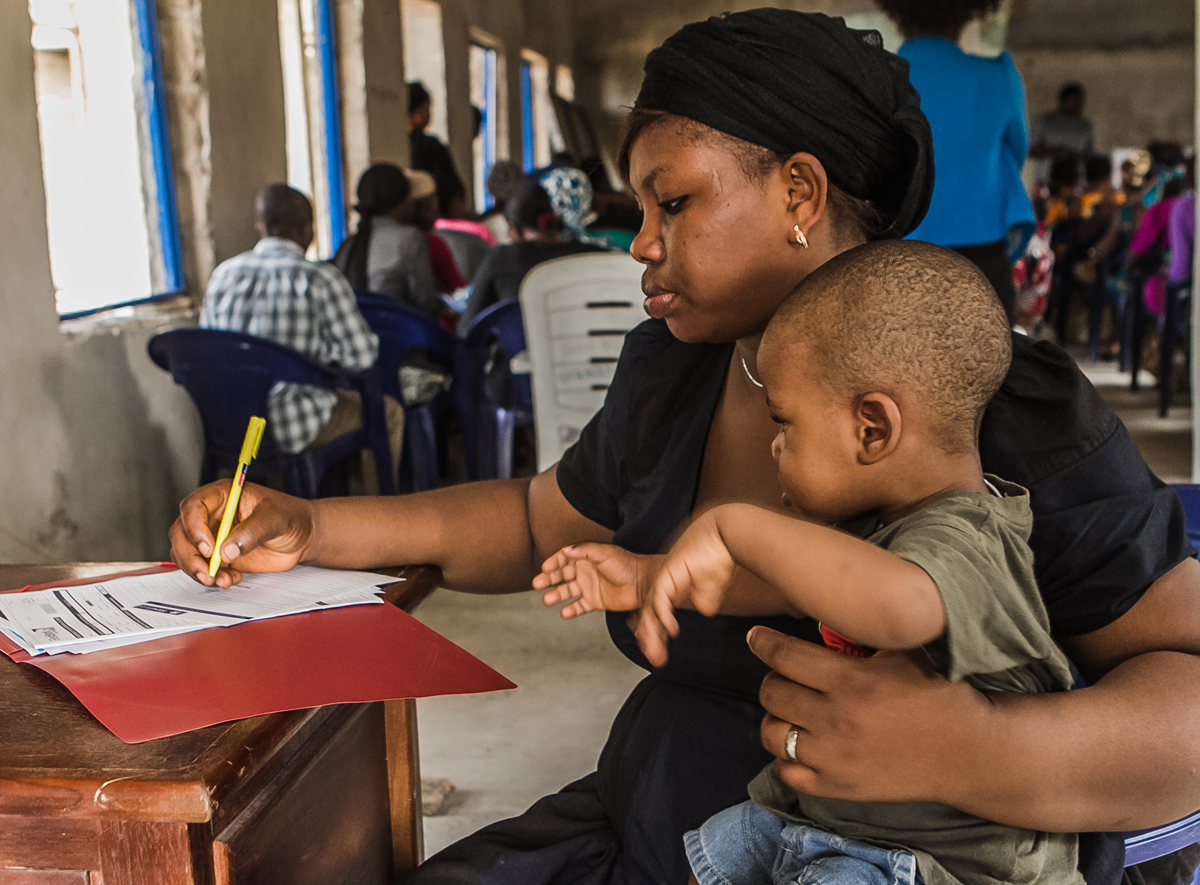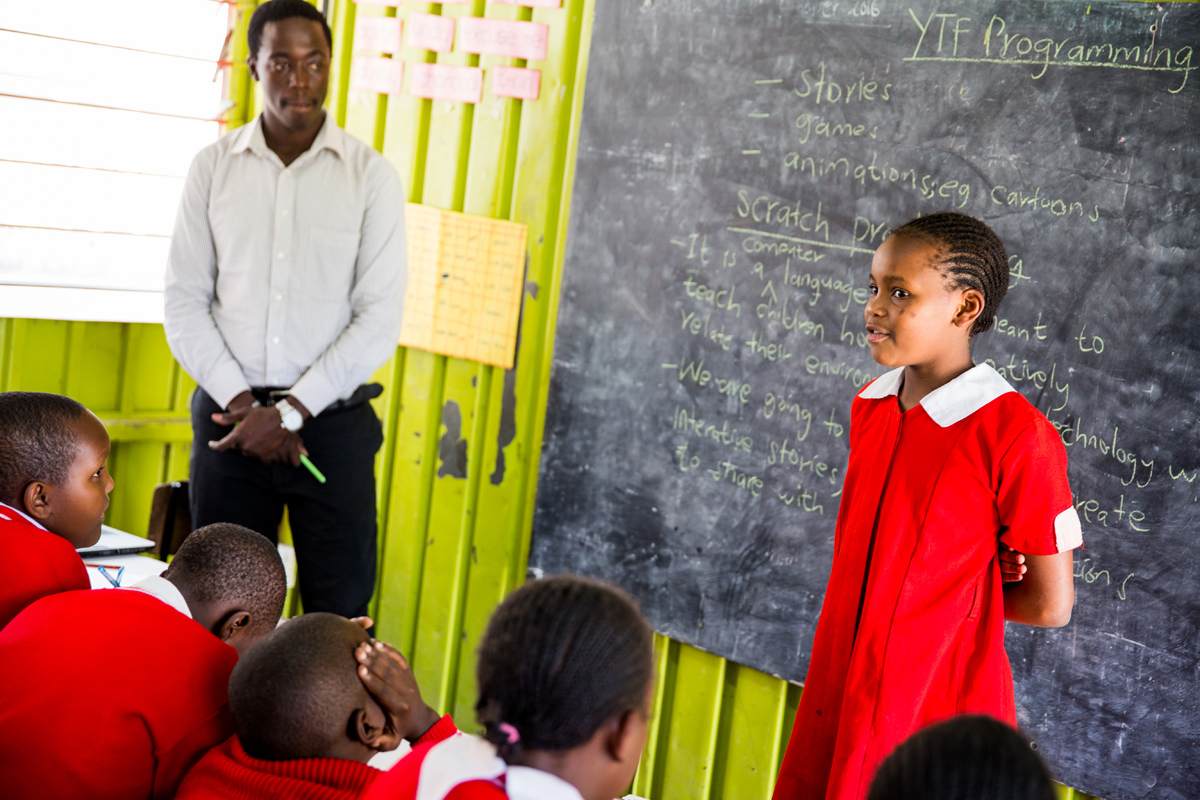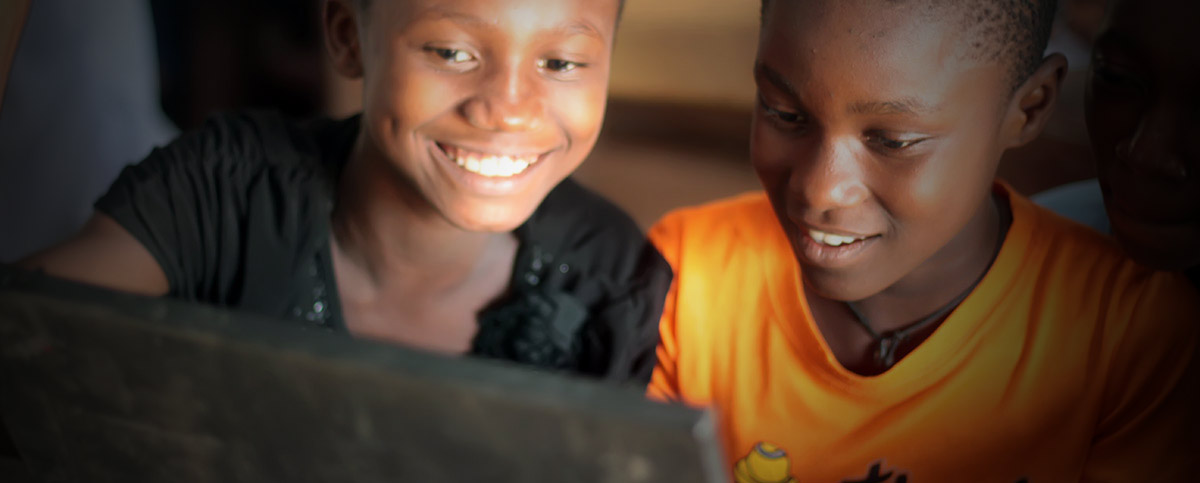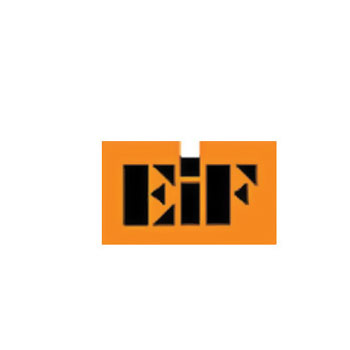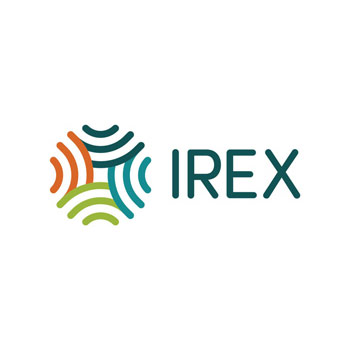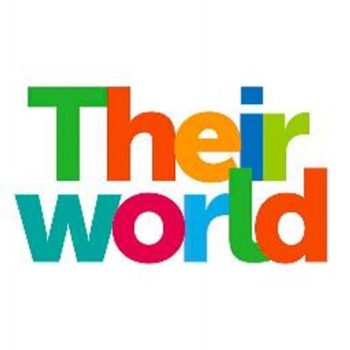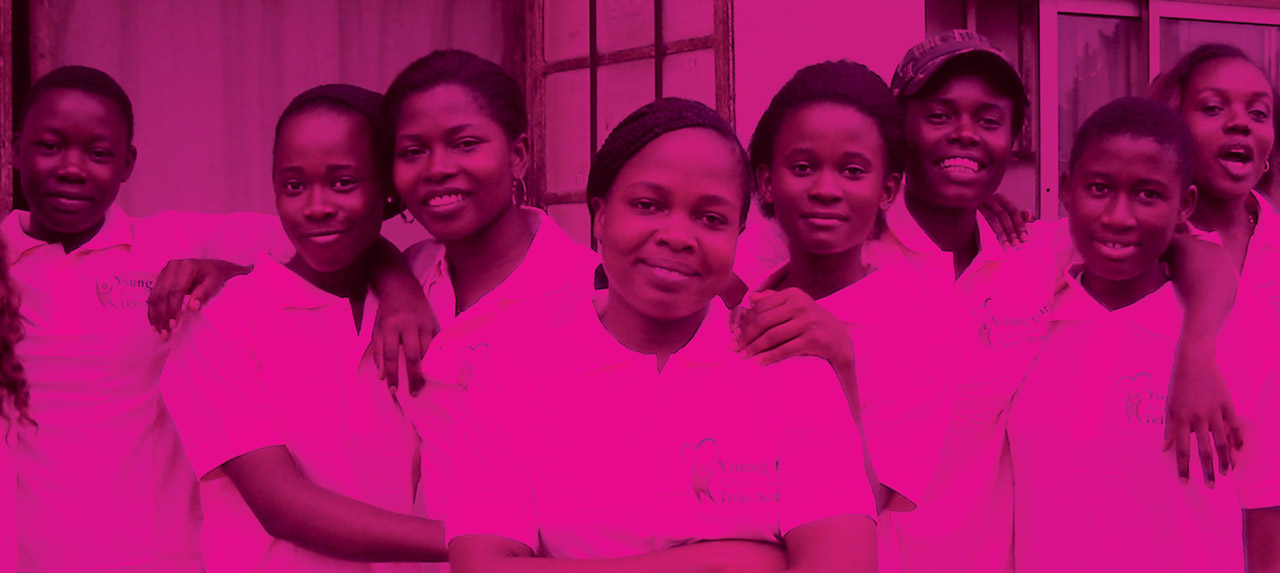A note from Njideka
It was 17 years ago, from a cubicle at Microsoft that a few friends and I decided we wanted to do something. Do something to give back to the land of our birth, while working for the world’s largest software company. It was there that the story of Youth for Technology Foundation (YTF) began. Knowing how access to technology transformed my life, I became obsessed with an urgent need to bridge the digital divide between disadvantaged youth and women living in both developing countries and in the developed world.I remember shortly after YTF was established, visiting with stakeholders from government and the private sector in Nigeria, the country in which YTF’s programs were first implemented. Many of those I met with would look at me and say, “Why youth? Why girls and women? Why technology?”But today, that question isn’t heard. Everyone is on board with using tech to empower youth, girls and women. It’s a given.When YTF was founded our mission was simple, yet powerful; to create enriched learning communities where the appropriate use of technology affords opportunities for youth and women. This mission continues, as we facilitate education, employment and entrepreneurship opportunities for youth and women in the digital economy.
The global skill gap: Futureproofing our youth
In many developing countries, schools are not just broken, they are obsolete.
Education and training systems lack quality and labor market relevance, leaving young people ill-prepared for employment. It is predicted that some 90% of formal sector jobs of the future will require information and communication technology (ICT) skills. Similarly, as environment-related (“green”) jobs grow, so too will demand for a solid educational background in science or technology.
For example, the World Bank predicts that climate change and clean technology sectors will represent a 6.4 trillion-dollar opportunity in the next decade. UNESCO estimates that 2.5 million engineers and technicians will be needed in sub-Saharan Africa alone to achieve improved access to clean water and sanitation.
The majority of the new roles that will be created between now and 2020 will have a technological component. By 2020, over 60% of the new jobs created will require skills possessed by less than 20% of the current workforce. This is the global skills gap – the difference between the skills that employers around the world want in the workforce and the actual skills that the workforce has.
We also see the on-demand gig economy altering the way we work. We are bound to end up with a future in which a portion of the workforce will do a portfolio of things to generate income. Our goal at YTF is to teach our students how to learn and to prepare them to be “everything ready.” We know that with the right support, young and hungry future professionals in developing and emerging economies can turn themselves into “factories of talent” instead of cheaply-staffed workbenches of the developed world.
The imperative of now: Taking action for women and girls
WEF predicts that it will take 117 years to close the global gender gap as it currently stands. As a mother of three daughters myself, I feel frustrated that none of my children, grandchildren or great-grandchildren will live to see gender parity.
Enabling girls and women—who represent half of the world’s population—to gain access to the internet and its usefulness for the pursuit of higher education or entrepreneurship is not just a fairness argument, but an economic imperative.
Putting some of the most powerful science, technology, engineering, and math (STEM) tools in the hands of young women affords them opportunities to create better lives for themselves and others and goes a long way toward positive development outcomes and resilience. We have seen in our work that girls want to change the world and that introducing them to the creative nature of technology provides an avenue for them to engage in scientific and engineering problems that have a personal meaning for them.
We provide women entrepreneurs in the communities in which we work with the business skills and financial capabilities training to enter the financial services value chain and to start or expand their businesses profitably. In 2017, we incorporated training of apprentices into our curriculum to account for succession planning of women-owned businesses. Our women entrepreneurs have told us their businesses are stronger when their employees are well trained.
Fundamentally, we believe that the future belongs to the creators, innovators and people whose ideas and creativity will change our world for good. Beyond our impact and reach now in five countries; Nigeria, Kenya, Uganda, Colombia and the United States, I am most proud of my incredible team; the YTF board and staff, and the people who relentlessly share our mission moments and have been fully committed to this work. To our partners who trust us, I thank you. To the youth and women we serve, our work is dedicated to you.
Here’s to many more years of impact.




